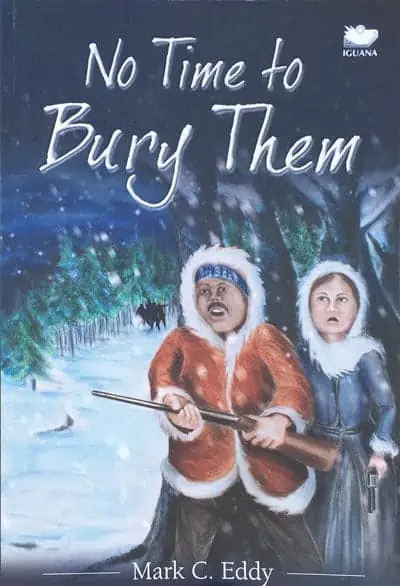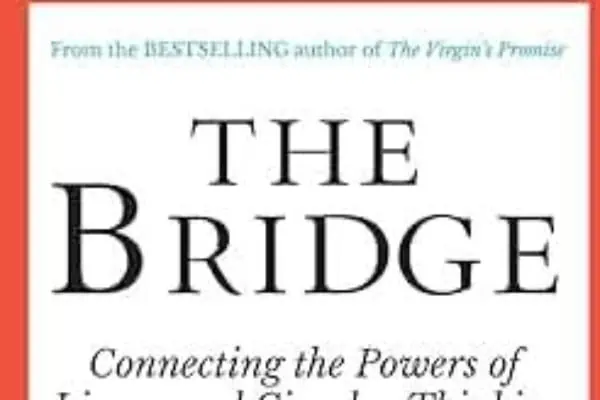“To most people, the pack ice looked like a cold, endless wasteland that spread across one’s entire field of vision. But, if one watched it more carefully, one could see it come to life.” — excerpt from No Time to Bury Them by Mark C. Eddy
On the surface of national history, the Yukon is primarily known for events that happened more than a hundred years ago: the Klondike Gold Rush. Residents of the Territory today know, intimately, how much more there is to the region than its history, and yet this important time continues to prove itself worthy of review, not only in a historical sense, but in new works of art and storytelling.
Enter: No Time to Bury Them, a new novel by Canadian author Mark C. Eddy published in July by Iguana Books. A fictional account of citizens, corrupt Mounties and gangs in “North America’s last untamed frontier,” is a short drama based in the decade after the gold rush ended.
The story presents a fictional gang leader, whose merciless tactics have put him in complete control of Dawson City. A small group of Mounties set out to challenge the gang’s corruption, but, as bribery and lawlessness abound, it seems as though each man (and woman) has to look out for himself.
Taking place over just a few days, No Time to Bury Them is a fast-paced book with a straightforward narrative. As characters find themselves on thin ice, in shoot-outs and hypothermic conditions, they also battle their inner demons.
It’s a harrowing — and at times, violent — tale, but don’t expect complete historical accuracy here. While staying true-to-history was a consideration for Eddy, it was not a necessity, and all the characters, and some locations, are purely fictitious.
However, Eddy said his enthusiasm and admiration for the north is authentic, and his research for the book strengthened his appreciation for the the area and the impact the Klondike Gold Rush — “a dynamic and magical time” — has had on Canadian history at large.
The gold rush and its aftermath, he said, is a time “like none other in our nation’s history.” And stories that bring light to it remain valuable and relevant to use “as a tool for building strong bonds between us, from coast-to-coast-coast, and for shaping a common identity.”
“Historical fiction is important because it lets us tell entertaining stories, and thereby get people excited or interested in history,” Eddy said. A history that, when remembered, can help “to foster a national identity and a shared pride.”





